Tallinn is a very civilised city. It’s enough to provoke intense jealousy on arrival from the land of potholes, two year waiting lists and seven pound pints to find that not only do they have pretty much all the infrastructure of their Nordic neighbours, but you can get a beer for €5 to boot. And that’s before you get to the gig venues – a whole district of them, purpose built into office and warehouse spaces, all with huge cloakrooms where everyone politely and neatly hangs their winter coats and scarves, well-staffed bars and fantastically maintained sound gear.
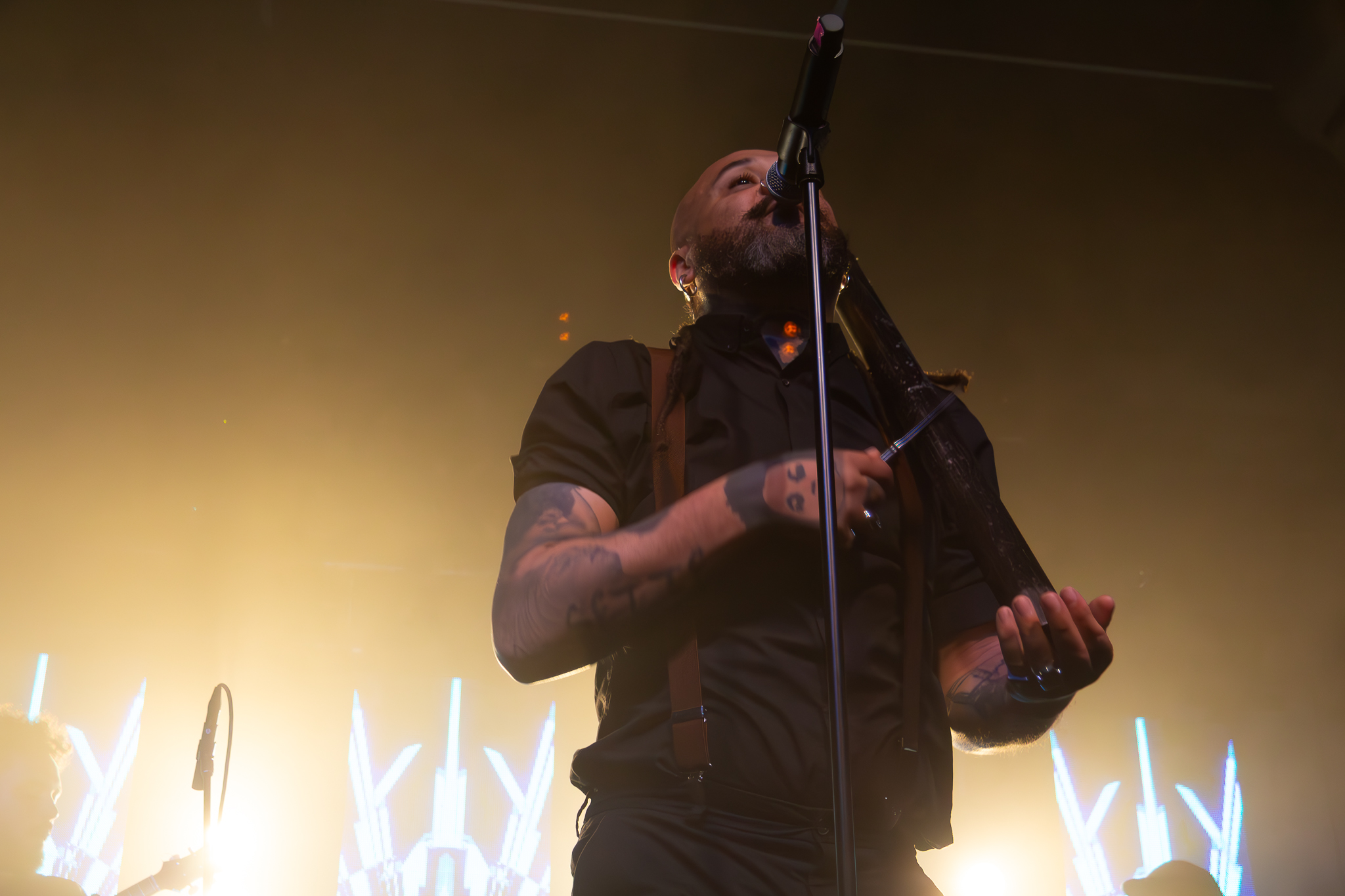 Just how efficient the sound crews are is made especially clear as I arrive late on the first night of the festival when Marcus Veiga aka Scúru Fitchádu (pictured right) thanks the team at the Fotografiska venue for sourcing a complete replacement for his band’s onstage setup after their gear has got lost in transit in Amsterdam. You wouldn’t know, as the noise the Cape Verdean techno-punk and his two backing musicians – a keyboardist masked and capped in the style of “black bloc” anarchist protestors, and an earnest bearded multi-instrumentalist – kick up is fearsomely slick.
Just how efficient the sound crews are is made especially clear as I arrive late on the first night of the festival when Marcus Veiga aka Scúru Fitchádu (pictured right) thanks the team at the Fotografiska venue for sourcing a complete replacement for his band’s onstage setup after their gear has got lost in transit in Amsterdam. You wouldn’t know, as the noise the Cape Verdean techno-punk and his two backing musicians – a keyboardist masked and capped in the style of “black bloc” anarchist protestors, and an earnest bearded multi-instrumentalist – kick up is fearsomely slick.
Combining influences from Paris to Luanda with high-speed techno, hardcore/punk and classic rock (Doors, Metallica), and citations of various African revolutionaries, it’s charismatic stuff and blows the cobwebs away nicely. Scúru Fitchádu is instantly upstaged, though, by the truly remarkable Casablanca producer Abdellah M. Hassak aka Guedra Guedra. His solo set brings together the rhythms of Chicagoan footworking and hardcore rave with the equally hypnotic repetitions of Moroccan folk, pop and Sufi devotional trance music and creates a trippy, futurist atmosphere that would make William Burroughs’s head spin.
These two are part of an African music showcase, but there are plenty of other parts of the world being given platforms too. Round the corner and up a lot of stairs is a Canadian showcase at the even more charmingly civilised Club of Different Rooms, where not only are winter coats hung up but shoes left at the door and traditional slippers donned to avoid marking the parquet floors. Here there are a ton of comfortable seats but also an ample dancefloor which is handy as soul singer Tanika Charles starts in Sixties mode but gets increasingly, compellingly disco as the set goes on.
Finally for the night I head to the “Fenno-Ugria Night” – highlighting artists performing in the language group unique to Finland, Hungary and Estonia itself – at F-Hoone, a more traditional gig venue, and catch Itinera. The Hungarian male-female duo, in what appears to be prehistoric costume and face-paint, mix traditional music with grandiose proggy synth-scapes and incredibly earnest hippie exhortations. They are very silly, very endearing, and just occasionally their chanted repetitions touch on the sublime.
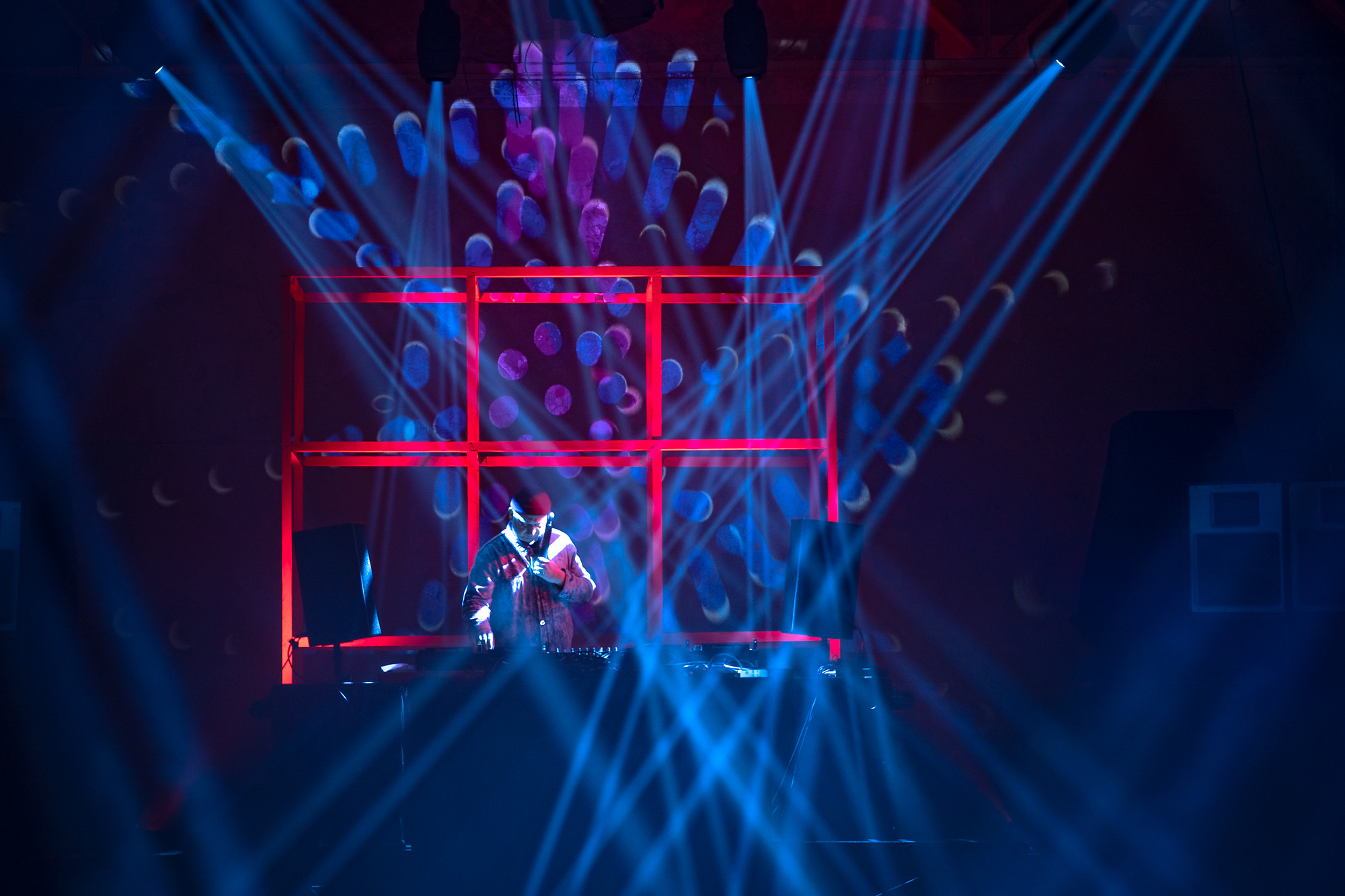 On the Friday I am caught up with the music conference – where there is a strong sense of local pride, and equally strong sense of a very European musical ecosystem which is not reliant on the Anglophone world. Not for the first time I get a pang of Brexit sadness. Then in the evening I head to Techno Club HALL, which is pretty close to the Platonic ideal of an underground club venue. I have the enormous pleasure of playing an ambient set in the restaurant under the club as partygoers eat their late dinner, then explore the various floors above in the old industrial building.
On the Friday I am caught up with the music conference – where there is a strong sense of local pride, and equally strong sense of a very European musical ecosystem which is not reliant on the Anglophone world. Not for the first time I get a pang of Brexit sadness. Then in the evening I head to Techno Club HALL, which is pretty close to the Platonic ideal of an underground club venue. I have the enormous pleasure of playing an ambient set in the restaurant under the club as partygoers eat their late dinner, then explore the various floors above in the old industrial building.
As with all the band showcase venues, it is kitted out with impeccable soundsystems and lighting, but the feel is fantastically rough and ready with all kinds of alcoves, hideaways and smoking areas filled with worn armchairs and sofas. They’re hosting a night curated by the internationally-renowned Lithuanian club Opium, and in the main room Opium founder and resident V (pictured above) plays a patiently-paced set in the interzone between techno, Italo-disco and electro as people filter in – while upstairs the Estonian/Italian husband and wife duo Parasex are already upping the energy levels with a spiky, punky, breakbeaty sound.
Danish postpunk/industrial specialist Curses, who I’d been chatting to earlier in the evening, spots me sprawling in one of the armchairs and cheekily yells “you’re not going to make it are you?” He’s not wrong. It’s midnight and Opium/HALL is barely started, he’s going to be playing at 5am, and I’m already on my last legs. I wander back through the snow to catch the last couple of acts in the gig showcases: Estonians OOPUS and the masked Ukrainian Lazy Jesus, both of whom mix samples of folk music with pounding techno. They’re both rousing, but not enough for me to face up to a night raving, and I admit defeat and head for a long sleep.
After all that electronic sound, on the Saturday I’m really in the mood for something truly traditional – so I start with Club of Different Rooms where Juhan Uppin is playing a solo set on Estonian diatonic accordion. Funnily enough, though, the sound of the instrument on the hefty PA system and the precision of his repetitions render it oddly close to techno – and the freedom of the crowd cavorting in a mix of folk dance skipping and more freeform moves on the dancefloor give it an ancient rave feel. Combined with his charming between-song introductions, it quickly achieves a sense of intense profundity.
That feeling of profundity isn’t broken by O.N.E. An all-female Polish jazz trio, they play with the kind of delicate, weightless feel that Matthew Halsall and his Gondwana label have recently popularised in the UK – with such delicacy of touch that every scrape of finger on bass string or sax key counts, and there’s a sense of burgeoning possibility at every moment. They eventually take flight, though, shaking off that delicacy with some truly wild cascades of sound, clearly having a whale of a time as they do.
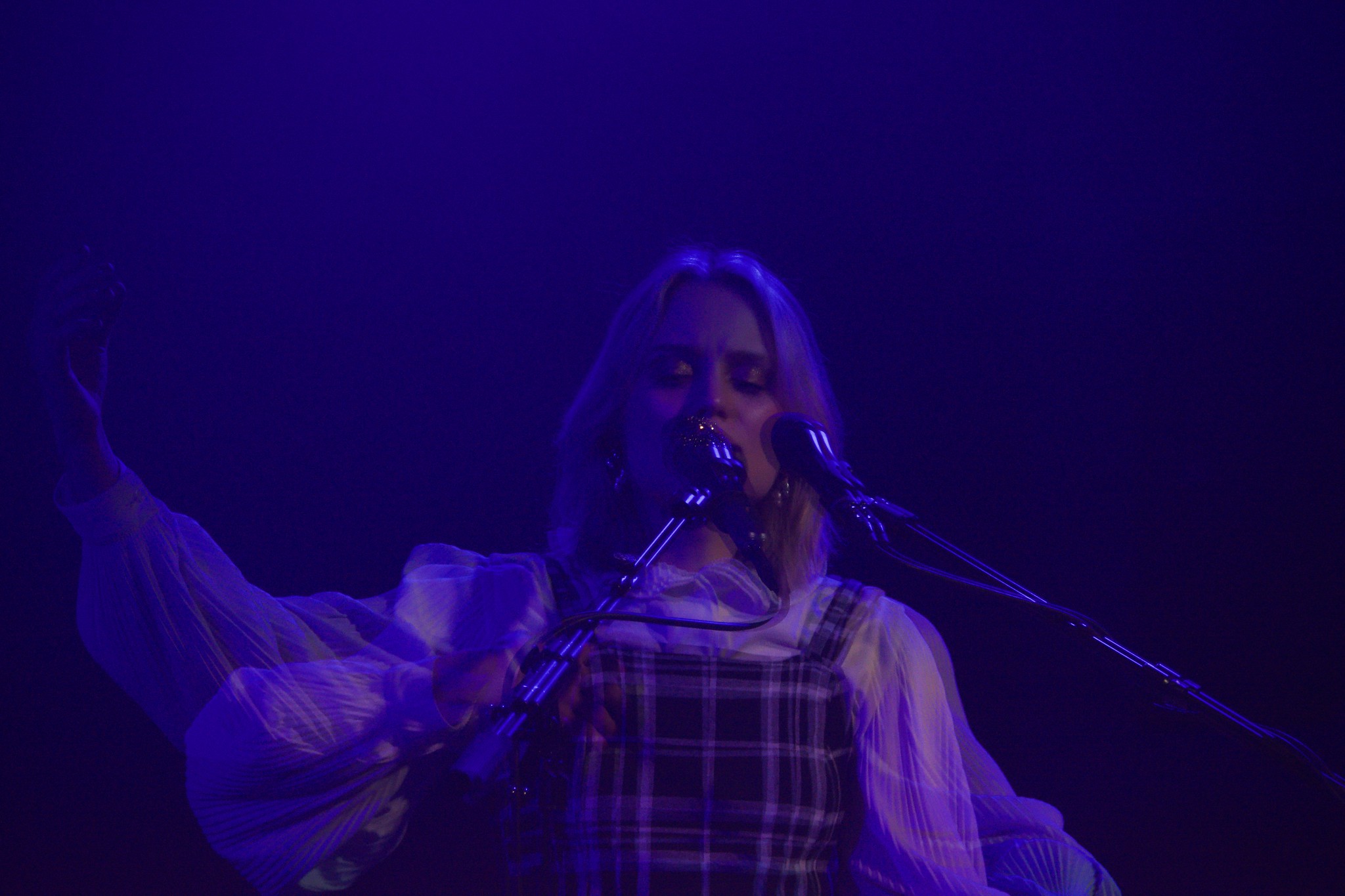 They’re followed directly by TamTam, an Estonian art-pop duo who achieve just as much weightlessness and impact with just fretless bass and vocal. Somehow they manage to float in a space that is both David Lynch and John Hughes, like alternate world 1980s pop ballads, touching on Kate Bush, David Sylvian and later Scott Walker but with a personality all their own. Singer Anett Tamm has star quality in abundance, and the confidence with which they maintain their subdued mood throughout actually adds to the power of the performance. The home crowd are as gripped as I am: it’s one of the most exciting shows of the weekend, leaving me giddy with a sense of their potential.
They’re followed directly by TamTam, an Estonian art-pop duo who achieve just as much weightlessness and impact with just fretless bass and vocal. Somehow they manage to float in a space that is both David Lynch and John Hughes, like alternate world 1980s pop ballads, touching on Kate Bush, David Sylvian and later Scott Walker but with a personality all their own. Singer Anett Tamm has star quality in abundance, and the confidence with which they maintain their subdued mood throughout actually adds to the power of the performance. The home crowd are as gripped as I am: it’s one of the most exciting shows of the weekend, leaving me giddy with a sense of their potential.
There’s as much sense of potential and presence, albeit not quite so much individuality, in 29 year old Norwegian singer-songwriter Beharie. His acoustic set has a faith in gutsy simplicity reminiscent of José González back in the 00s, with a little of the grand-sweep everyman appeal of Coldplay at their restrained best – and as the set progresses the serious power of Beharie’s voice suggests that again there is an international star in the making here. Certainly the much bigger crowd of the Von Krahle venue seems to agree, and by the end there’s a ripple of shared catharsis that one could easily imagine being amplified hugely in a headline show.
I do fancy something a little weirder after his straightfoward performance, though, and ye gods do I find it. Firstly there’s Sereias led by António Pedro Ribeiro, who has the look and demeanour of a man engaged in a staring match with the abyss, screaming his lungs out backed by six much younger musicians who kick up a churning, chugging lava flow of rock noise with militant trumpet surging through it. Then, madder still, there’s Franek Warzywa and Młody Budda, a pair of Poles barely out of their teens, dressed as Bill and Ted and performing rave-punk songs mainly about vegetables and memes, with mind-melt lo-fi digital animations behind them. Both acts in their way are completely joyous, and leave their crowds dazed and grinning.
Finally comes Manna. The local rapper-turned-singer is a star already in Estonia and there are high hopes for her internationally. Certainly she’s a darkly commanding stage performer, and the mixture of gothic electronics and the drum patterns of trap in her songs – reminiscent of Billie Eilish’s provocative breakthrough singles – are the sort of thing you could imagine reaching sizeable cult audiences at the very least. I’m left inspired and refreshed by the whole experience. I had never heard of 95% of the acts I saw over this weekend, and more or less followed my nose to decide what to see. There were a ton of more mainstream, or more folky, or heavier, or more purely electronic acts than those I ended up seeing, and it seems from speaking to other festivalgoers that the quality levels were consistent throughout. This sense of so much international brilliance all in one place is dizzying – and more even than the well-functioning Estonian infrastructure, it gives a ripple of hope for what a modern, cosmopolitan world can still look like.








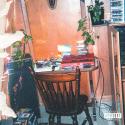
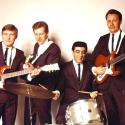





Add comment